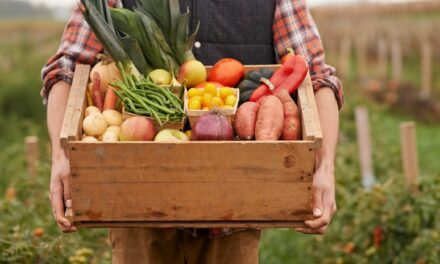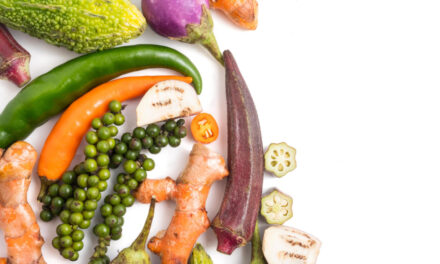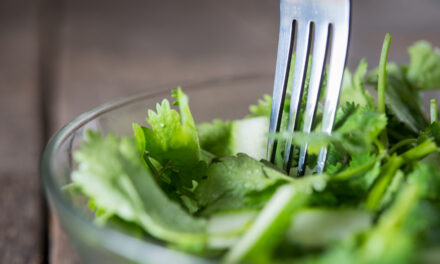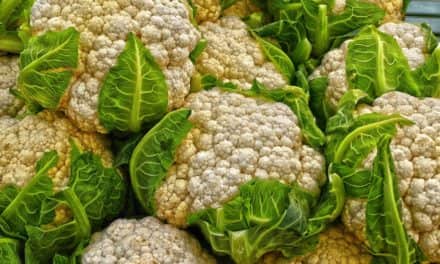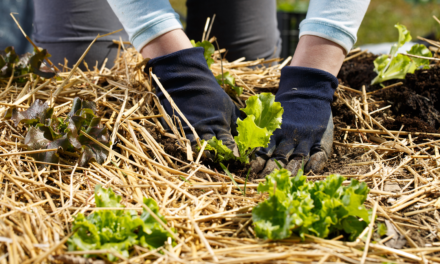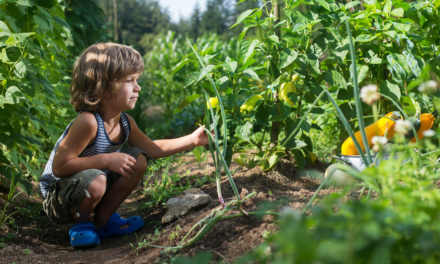
FIND OUT ABOUT THE JERUSALEM ARTICHOKE
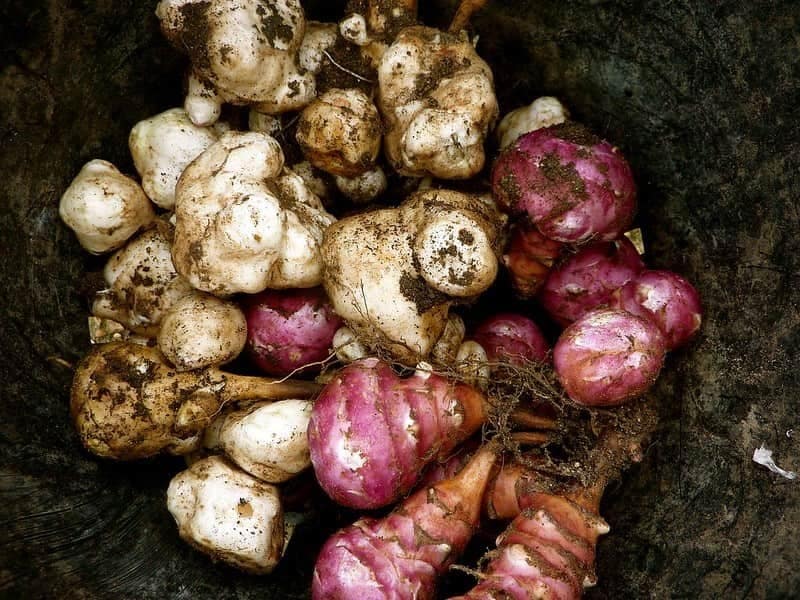
Jerusalem artichoke is a plant from America and part of the Composacoe family. It is grown from mid-February to mid-April for its tubers. Its simple and undemanding production means that Jerusalem artichokes can adapt to most soils, regardless of their acidity. In France, for example, this plant grows in almost the entire country.
How do I choose it ?
Jerusalem artichokes are consumed from October to March, and the best consumption season takes place in October, November and December. In order to choose the right Jerusalem artichoke, it must be preferred firm, with a tense skin. Overly gnarled tubers are difficult to peel. You can store it in the vegetable tray of the refrigerator so it will last a week.
The health benefits of Jerusalem artichokes
In addition to being very satisfying, this tuber has many health benefits.
First of all, Jerusalem artichoke is beneficial to your intestinal health. It is rich in fibre, fructane and inulin, which guarantees good digestion.
In addition to participating in our intestinal balance, inulin plays a crucial role in the regulation of cholesterol. Jerusalem artichokes are also a source of potassium, which gives it diuretic properties: it helps to fight water retention.
The flesh of Jerusalem artichokes is rich in minerals and trace elements because it contains copper, phosphorus and less calcium. At the same time, this vegetable facilitates the absorption of minerals such as calcium or magnesium in your body. Thus, consuming Jerusalem artichokes would prevent osteoarthritis.
Vitamin B is often lacking in our diet, although it is essential for our brain development. Jerusalem artichoke contains it, and consuming 100g of it provides you with 20% of your recommended daily intake.
What about the environment?
The production of Jerusalem artichokes is particularly beneficial for the environment. Indeed, the water footprint of this one is relatively small: 387 L of water is needed for the production of 1 KG of Jerusalem artichoke. The carbon footprint of Jerusalem artichoke production is 0.4 kg of CO2 emis per kilogram produced, which is also low. It is a long way from food products with the highest carbon footprint, such as red meat, which exceeds 1200g of CO2 emitted for 100g of products. The production of Jerusalem artichokes requires very little or no chemical fertilizer. In general, Jerusalem artichokes are not harmful to the planet.
Jerusalem artichoke, source for the energy of the future?
Researchers at Dalhousie University in Canada have determined that Jerusalem artichokes could be used to create biomass that would be used as the basis for biofuels. These could be used as an alternative to fossil fuels, which are particularly polluting and contribute to the Ozone layer hole. Inulin in Jerusalem artichokes can be isolated and converted to bioethanol. Bioethanol could replace petroleum-based fuels. Thus, Jerusalem artichoke has been established as a substrate of the future in order to produce biofuels.
Thus, this tuber has many nutritional and environmental aspects. Particularly satiating and rich in nutritional value, Jerusalem artichoke is also considered a future base for a biofuel.


